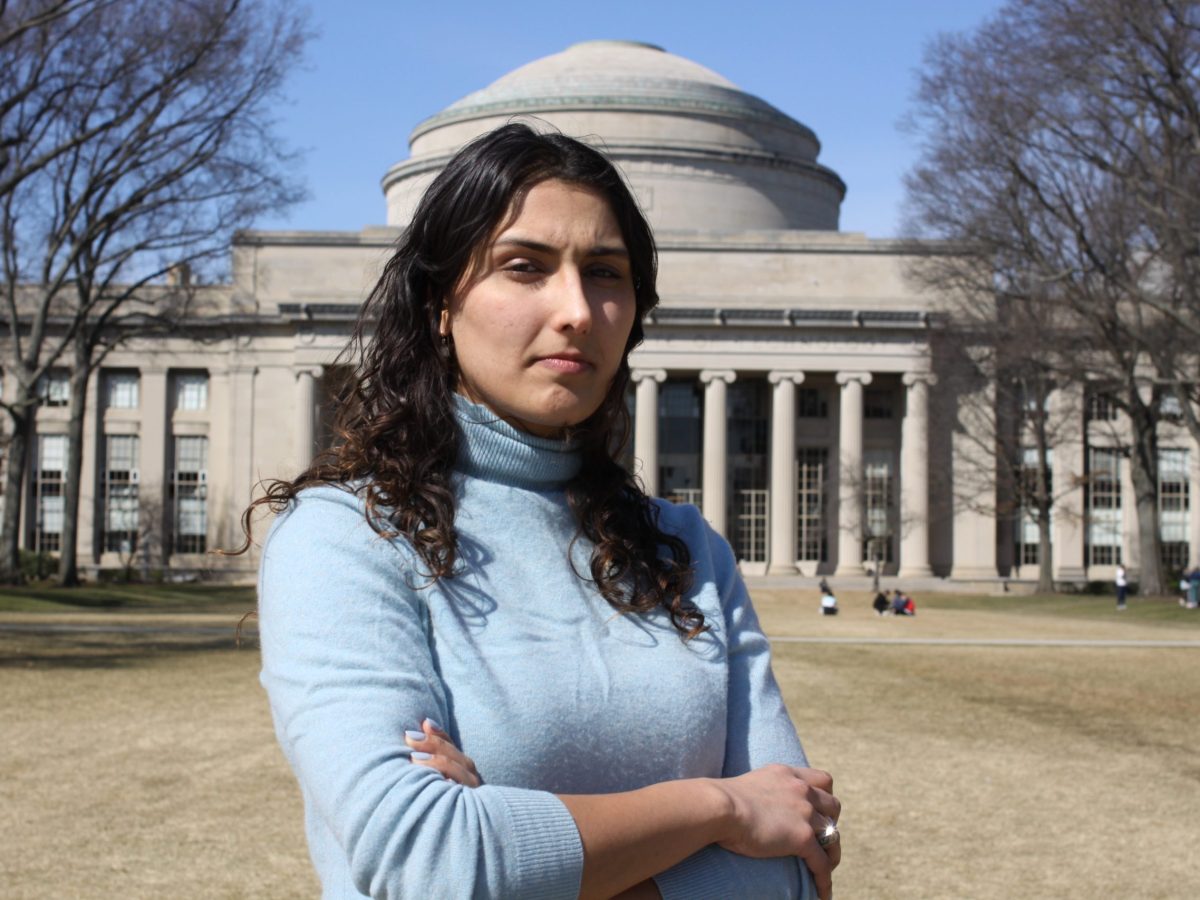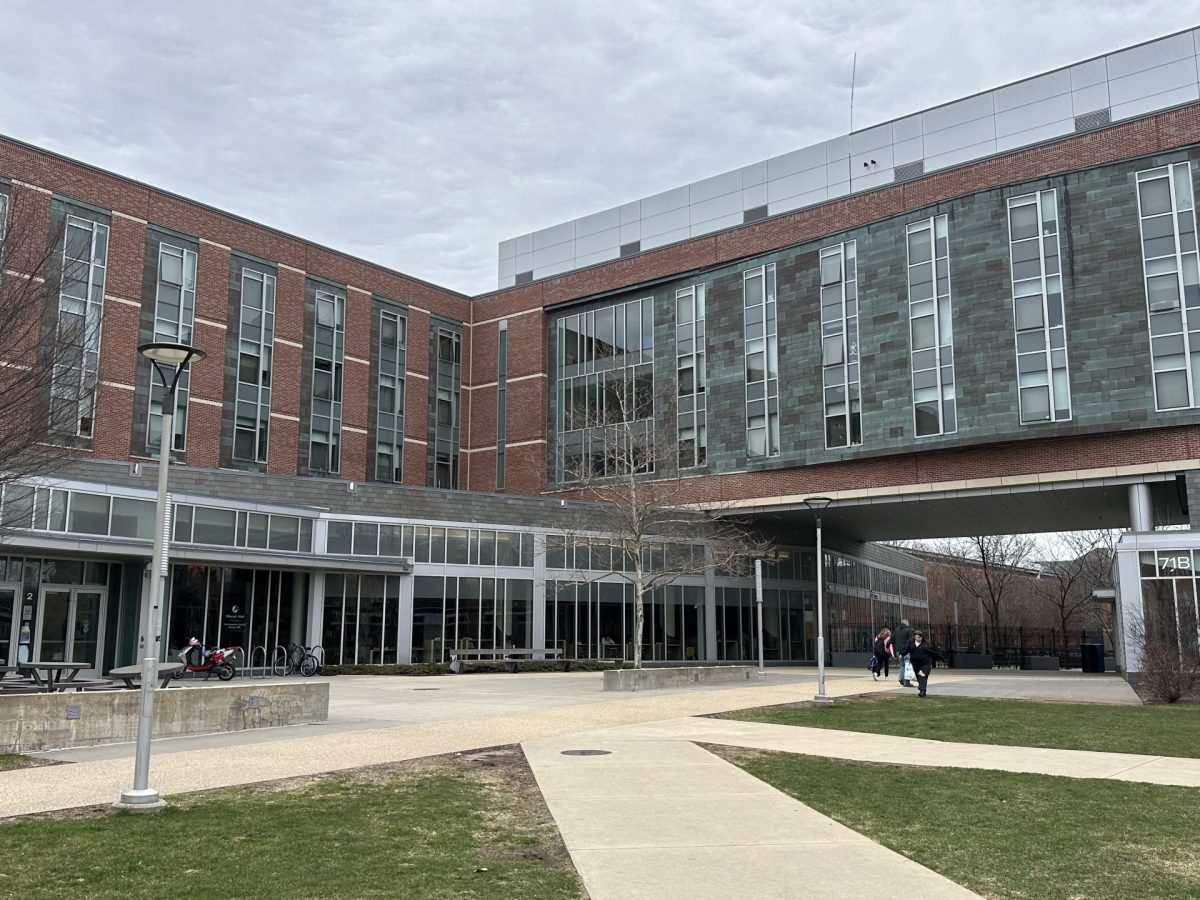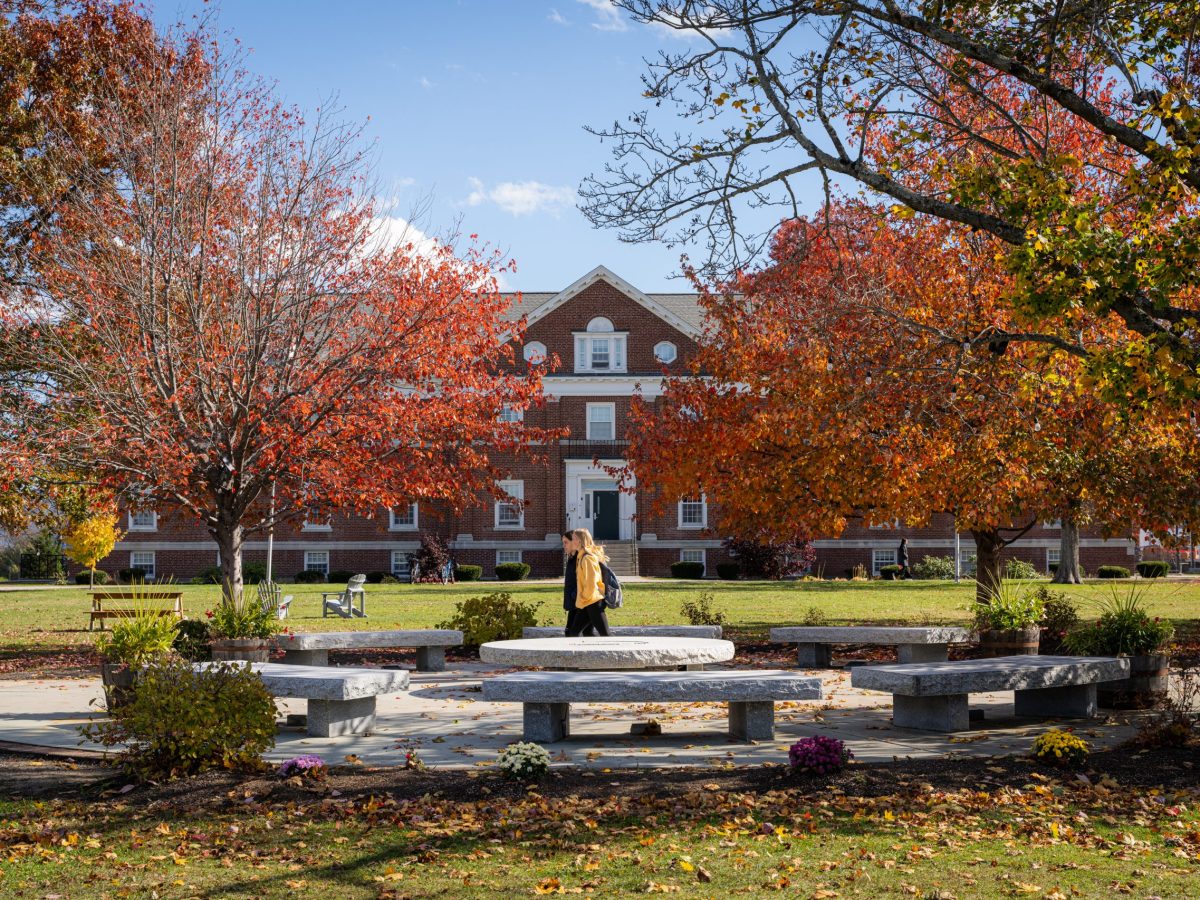Thinking of going to college? Sending your kid? You may already be caught up in the needless complexity of the admissions process, with its never-ending stress and that “you’ll-be-lucky-to-get-in” attitude from colleges that nonetheless pretend to have your interests at heart.
What aren’t they telling you? A lot, as it turns out — beginning with how much they actually cost, how long it will take to finish, the likelihood that graduates get jobs and the myriad advantages that wealthy applicants enjoy. They don’t want you to know that transfer credits often aren’t accepted, or that they pay testing companies for the names of prospects to recruit and sketchy advice websites for the contact information of unwitting students. And they don’t reveal tricks such as how to get admitted even if you’re turned down as a freshman.
But we will. In College Uncovered, from The Hechinger Report and GBH News, two experienced higher education journalists pull back the ivy on how colleges and universities really work, providing information students and their parents need to have before they make one of the most expensive decisions in their lives: whether and where to go to college. We expose the problems, pitfalls and risks, with inside information you won’t hear on other podcasts, including disconcerting facts that they’ve sometimes pried from unwilling universities.
So if you wonder how college really works, subscribe on your favorite podcast platform now or listen below. It’s a real education.
Season Three:
College Uncovered, Season 3, Episode 2
Season Two:
College Uncovered, Season 3, Episode 1
College Uncovered, Season 2, Episode 8
College Uncovered, Season 2, Episode 7
College Uncovered, Season 2, Episode 5
College Uncovered, Season 2, Episode 4
College Uncovered, Season 2, Episode 3
College Uncovered, Season 2, Episode 2
Season One:
Episode 1: Misleading U
Colleges are increasingly hard up for students so they make a lot of promises they don’t keep. In this episode, hosts GBH’s Kirk Carapezza and Jon Marcus of the Hechinger Report talk with students, economists and industry experts about what you need to know before putting down that tuition deposit.
And it all starts with how much college will cost. Although it’s one of the biggest investments a person can ever make, most consumers don’t know what they’ll end up spending on a degree. Colleges overwhelmingly do not disclose – or simply understate – how much families will pay. They tie themselves in knots to avoid using the word “loan” even when students need one.
Most freshmen think they’ll graduate with bachelor’s degrees within four years, but that’s not true, either. More than half will take more than four years, further increasing the cost. Good luck finding this out, though; thanks to lobbying by colleges, the graduation rate reported by the government represents the proportion of students who finish in six or eight years, not four.
Colleges aren’t entirely honest about what a diploma gets you either. While they boast that most alums are gainfully employed, colleges know the whereabouts of less than half of their alums. Forty-four percent to be precise.
Getting a degree still pays off, especially considering that people who have one earn $18,000 a year more by the middle of their careers than their counterparts with a high school diploma.
But this misinformation contributes to the fact that many Americans with college educations are underemployed and working in restaurants and as coffee baristas. It’s no wonder that only about a third of Americans say they have a lot of confidence in higher education.
Episode 2: Affirmative Action … for the Rich
The 2019 Varsity Blues scandal exposed just how far rich, famous and entitled parents would go to get their kids into big name colleges.
But the truth is there are many ways colleges already give preferences to wealthy students that are completely legal.
Hosts Kirk Carapezza and Jon Marcus dig into how college admissions favors students who can pay giant tuition bills – even as the US Supreme Court withdraws affirmative action advantages that benefited low-income students of color.
They explain how early decision benefits wealthy students who can afford to commit to a college before seeing a financial aid offer.
And they explore the world of private college advising and the college “coaches” who charge hundreds of dollars an hour to advise families on the admissions process.
Some top companies, including J.P. Morgan Chase and American Express, are even offering college coaching as a free benefit to their employees.
Episode 3: Secret Sophomore Admissions
Getting turned down by your dream college doesn’t always mean you’ve been categorically rejected. Some applicants who fail to get in as freshmen, for example, are invited back … as sophomores. They don’t even need to reapply. It’s one of many secrets admissions officers prefer to keep quiet.
Colleges don’t do this kind of thing out of the goodness of their hearts. They know a shamefully high number of freshmen – about one in four on average, will drop out. That’s a lot of seats they need to fill.
Colleges also know that the students they accept as sophomores won’t count in all-important college ranking calculations, which are based mainly on the characteristics of entering freshmen. This makes it a way to admit the children of alumni and donors who might not have made the first cut.
The Hechinger Report’s Jon Marcus and GBH’s Kirk Carapezza dive into how secret sophomore admissions works — and whether it might work for you.
“College Uncovered” is made possible by Lumina Foundation.
Episode 4: The Meritocracy Myth
While colleges make it seem as if they choose applicants solely on their merit as students, that’s not always the case. Former admissions officer Kyra Tyler shares her experience working in an admissions office, where she was asked to prioritize less academically qualified students with family connections and wealth.
GBH’s Kirk Carapezza and GBH guest host Kana Ruhalter also dive into new research that exposes a shift in how colleges distribute financial aid.
Researcher Steven Burd studied admissions packages at hundreds of selective public and private colleges and found that colleges are spending billions on students, spreading it around among students who don’t necessarily need the aid. This happens at the expense of needier students.
And reporter Fazil Khan from The Hechinger Report discusses new data showing the net price of college is actually rising faster for lower-income students, exacerbating the disparities in higher education.
“College Uncovered” is made possible by Lumina Foundation.
Episode 5: The Transfer Trap
Many students go to a two year or community college thinking it’s a bargain: attend for two years, then transfer to a four year school, saving tens of thousands of dollars in tuition.
But it doesn’t always work out that way.
Nearly half of all college credits don’t end up transferring when a student changes schools. Kirk Carapezza and Esteban Bustillos talk about why the transfer system short-changes students, and how colleges and universities have wide discretion when it comes to deciding which credits to accept or deny.
Many students are left with so-called “stranded credits” in the transfer process, a big problem for many students, but especially low-income and first-generation students whose families might not know the intricacies of the system. How can students avoid falling in the transfer trap?
Experts say they should be on the lookout for colleges that guarantee transfer credits, or ask if a college has a transfer agreement with a four-year college or university.
A growing number do. Listen and learn more about how to avoid common transfer pitfalls.
“College Uncovered” is made possible by Lumina Foundation.
Episode 6: Graduation Frustration
A bachelor’s degree in four years is one of the most basic promises colleges make, and one of the biggest frustrations their customers face.
Fewer than half of students will actually graduate in four years. And the numbers are even worse for Black and Hispanic students. Consider this surprising number: at more than 100 US colleges and universities, not a single student graduated within four years.
In this episode, Kirk and Jon talk about what colleges don’t want you to know around graduation rates, and dig up the behind-the-scenes maneuver by a famous senator that has helped colleges keep the problem hidden.
They also look at the ways colleges slow students down, by piling on extra requirements for graduation, failing to offer enough sections of required courses, or offering lackluster student advising. But there is hope for savvy college consumers.
A few colleges have created three year bachelors’ degree programs to help students save time and money.
“College Uncovered” is made possible by Lumina Foundation.
Episode 7: The “M” Word
Some colleges and universities now spend more on marketing than on financial aid.
They’re hiring marketing professionals who have worked at Fortune 500 companies and using digital marketing tools to follow you around the internet. They know how much time you spend on a website, when you save something for later, and what other sites you visit.
A growing number also sneakily collect your personal information so they can target you for recruitment by touting their graduates’ high paying jobs or connections within competitive industries. Some less scrupulous schools have been warned by the Federal Trade Commission to stop exaggerating their claims about the kinds of jobs their graduates get, and how much they earn.
Kirk and Jon reveal the increasingly sophisticated ways that colleges and universities try to get your attention — and offer up tips for consumers trying to navigate a sea of slogans.
They’ll tell you what consumer advocates say about how to resist the slickly crafted tugs on your emotions that can get you to open your wallet.
“College Uncovered” is made possible by Lumina Foundation.
Episode 8: The Enrollment Industrial Complex
Colleges are quietly buying – or as they like to spin it, licensing – lists of potential student names and personal information from companies administering tests like the SAT and ACT. The goal? Recruit, but also recruit to reject. The more applicants a college recruits, the more selective and prestigious they seem in the college rankings.
In this final episode of Season One, Kirk and Jon explore how both selective and less selective colleges and universities use enrollment and financial aid management strategies to increase their applicant pool, lower admission rates and meet their bottom line.
And here’s the key: college is the only industry – outside banking – that can legally access all of your income information and make decisions on your ability to pay before charging you a price.
Kirk and Jon trace the origins of these practices back to Boston College in the 1970s and follow the evolution of enrollment management systems into a multi-billion dollar higher ed shadow industry.
Colleges now rely on their enrollment management systems to survive and compete for students. And their opaque analysis of a family’s budget can determine whether a student receives steep tuition discounts or “merit scholarships” that can dramatically lower the cost of tuition.
These backroom practices have some former administrators concerned about the effects on access to and equity in higher education – and they’re calling for renewed transparency in college .
“College Uncovered” is made possible by Lumina Foundation.









